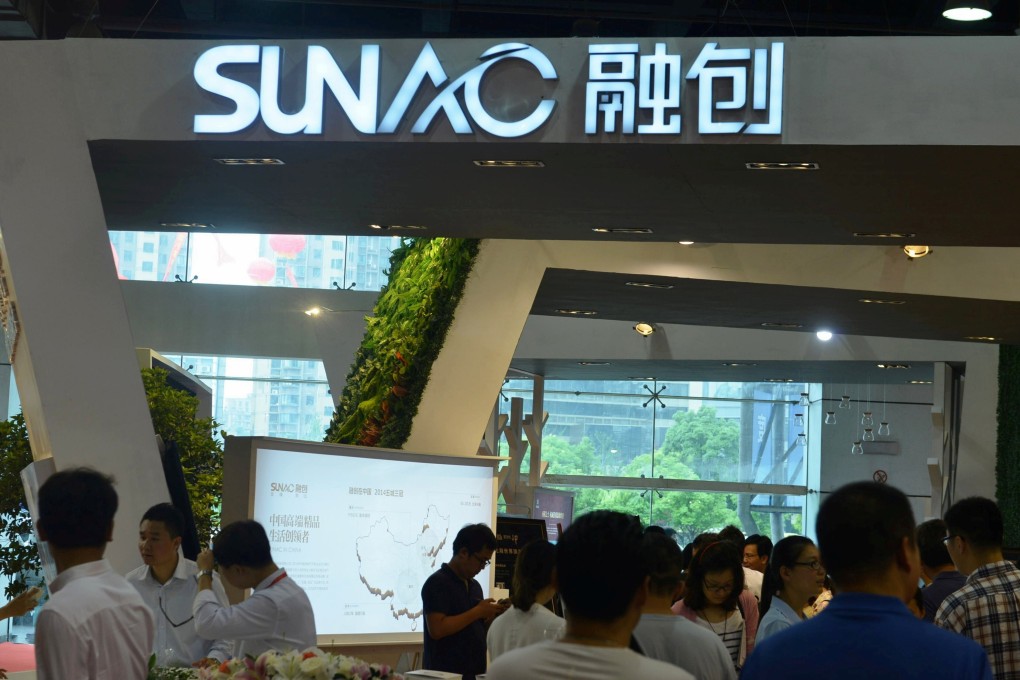Sunac shares see-saw over its Shaoxing unit’s struggle to collect US$619 million in sales proceeds
- In a draft letter, the developer’s subsidiary in Shaoxing urged local authorities to release some 4 billion yuan (US$619 million) of sales proceeds
- Sunac said the letter was a draft that accidentally leaked, and that the developer never has, and does not have the need to ask for help

Sunac’s unit in the Zhejiang provincial city of Shaoxing has had to wait for local authorities to register the titles of its apartments, preventing the developer from collecting more than 4 billion yuan (US$619 million) in sales proceeds.
An executive of the Shaoxing unit wrote to local authorities to ask for remedy, adding that Sunac has sold 600 homes in the city, involving the release of about 1 billion yuan in mortgage loans, according to a source familiar with the matter, citing an internal letter by the company.
“The person responsible for the Shaoxing project had accidentally leaked the wording of a draft document seeking support for the online registration,” Sunac said, adding that the company “never had, and does not have any need” to submit such a request to local authorities.
